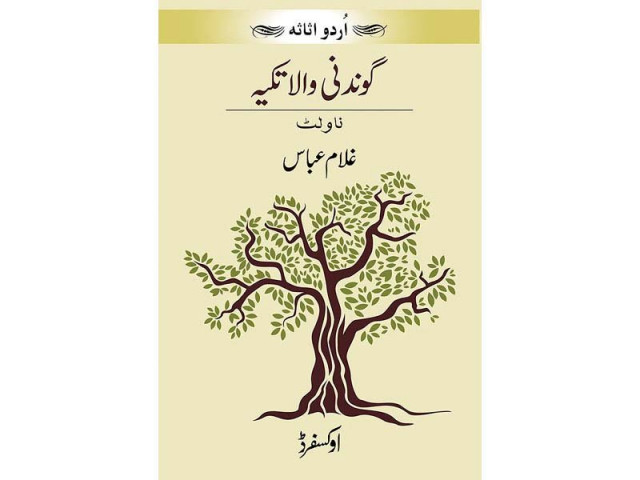Revisiting Punjab’s spirituality, village life
Ghulam Abbas’s way of describing people, their facial expressions and demeanour is fascinating

Ghulam Abbas’s way of describing people, their facial expressions and demeanour is fascinating.
The story opens up with a man returning to his native village in Punjab, only to see that much changed while he was gone. He is even more shocked to see that the small town’s “takya”, a spiritual abode for the villagers, has also been demolished and there stands a seminary in its place.
This tragic tiding takes the man to his past as he recalls the happening culture and activities from the time when he was still young. And then begins the play, rich in language, complimented by bits of Punjabi poetry and phrases, beautifully manifesting the culture of Sufism or spirituality of Punjab.
Man and mystic: Keeping faith in humanity
Main characters of the novelette are Sultan, Molou, and Saeen Nageena. Sultan is an educated youngster amongst the many illiterates of the village. His friend Molou toils in the fields to eke out a living. Saeen Nageena, a Sufi, is the caretaker of the spiritual abode that functions more like a ‘club’ for common men.
Although the short novel was written in the 1950s and understandably for readers of a different era, its story still has a lot to relate to as it remarkably addresses the urge to recall and revisit the village lifestyle of Punjab, rife with spirituality and Sufi ideas.
But spirituality is not the only characteristic that makes the book a page-turner. It brings the reader closer to the villagers, their thinking and day-to-day matters. A struggle for influence or a fight over an innocent girl between a Sufi poet and a feudal lord is the main feast of the story.
Abbas’s way of describing people, their facial expressions, features and demeanour is fascinating and helps in imagining the characters as they appear before your eyes. His description of Nageena leaves you feeling as if you met the man in person.
It ends with the drama of one friend sacrificing his love for the other. The struggle of choosing between friendship and love is painful and the author has penned it beautifully.
Despite all the richness in language and ability to sketch a perfect picture of the story, the book seems to have certain loopholes — or dare we say mistakes — that must have made their room in the story because it was penned in episodes.
The writer is a subeditor at The Express Tribune’s Web desk
Title: Gondniwala Takiya
Author: Ghulam Abbas
Publisher: Oxford University Press
ISBN: 9780199402618
Price: Rs275
Published in The Express Tribune, February 14th, 2016.
Like Life & Style on Facebook, follow @ETLifeandStyle on Twitter for the latest in fashion, gossip and entertainment.



















COMMENTS
Comments are moderated and generally will be posted if they are on-topic and not abusive.
For more information, please see our Comments FAQ